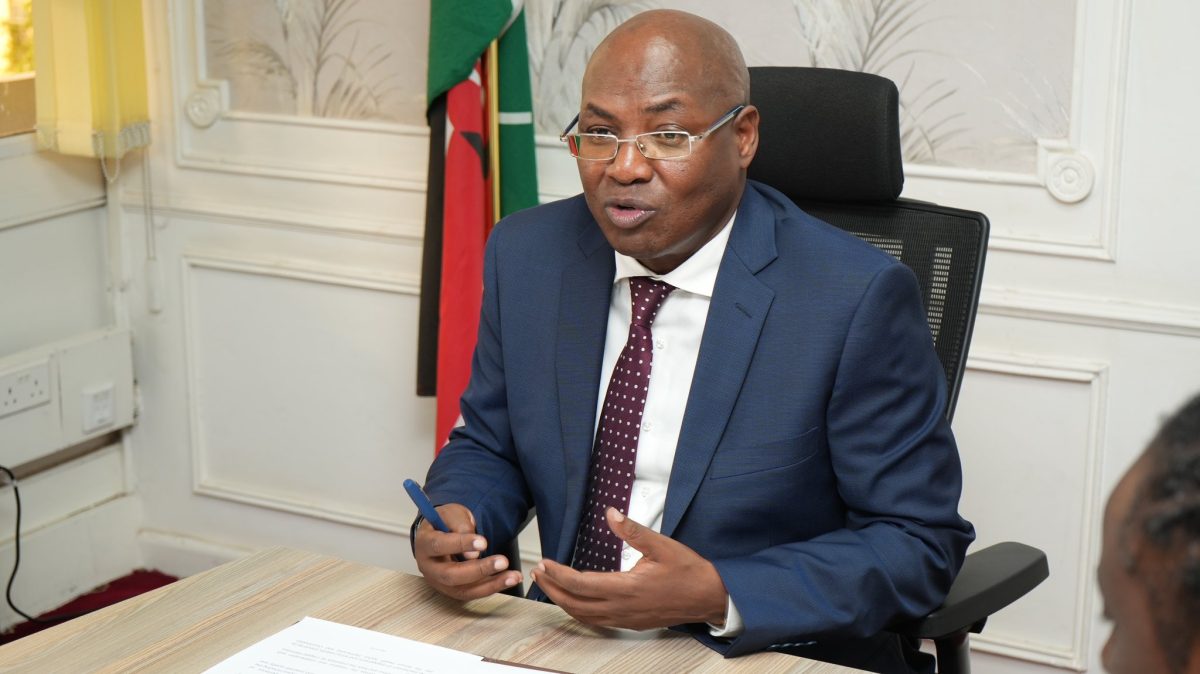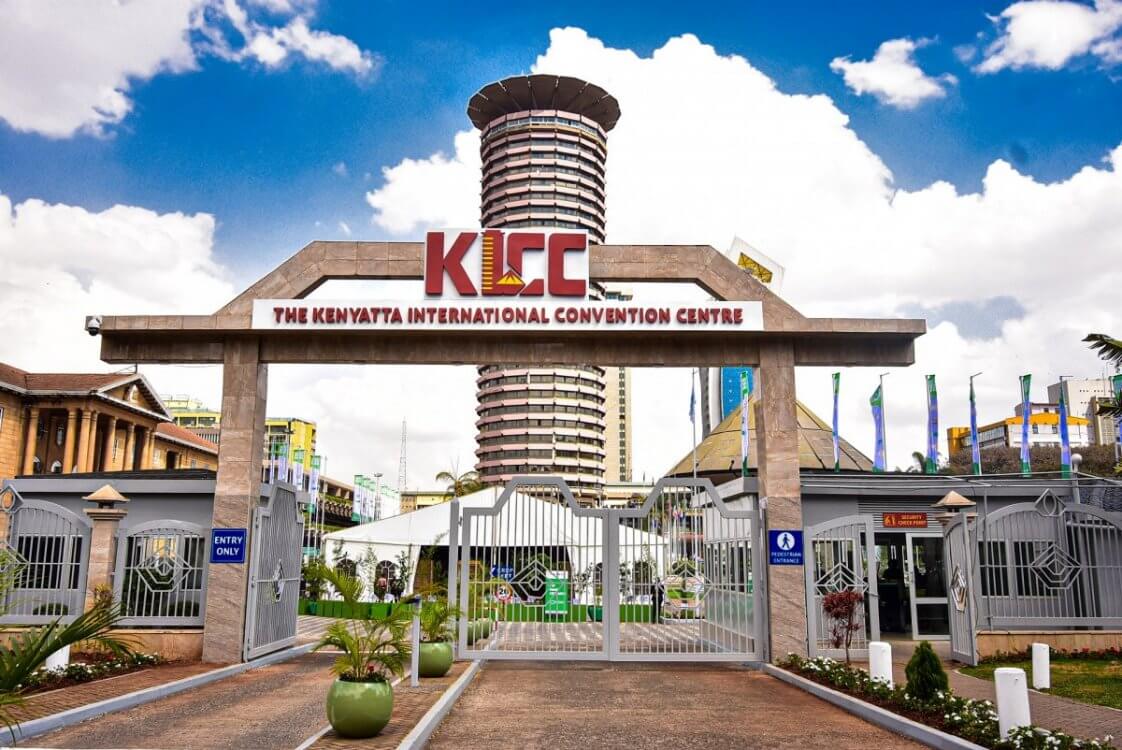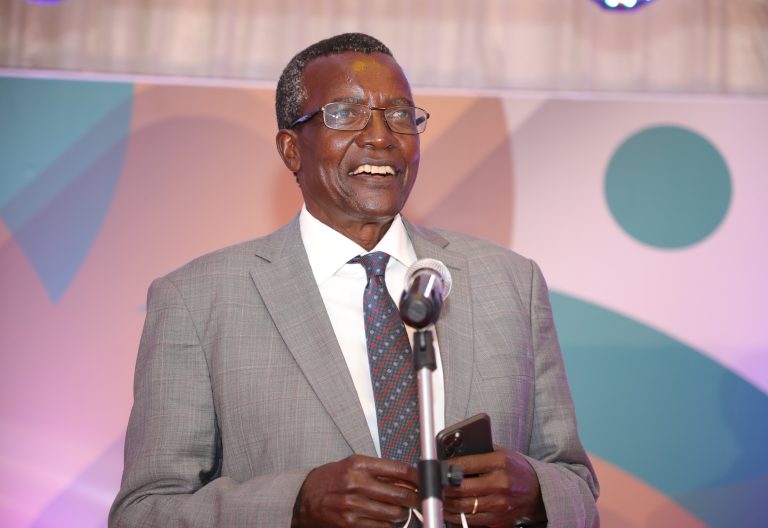Ministry of Health allays vaccine shortage fears

The Ministry of Health has allayed fears of a shortage of vaccines for children and said it has allocated up to Ksh1.25 billion for the purchase of a new batch.
The ministry was again forced to defend its position after a number of media reports suggested a shortage of crucial vaccines from health facilities.
“Following recent media reports on vaccine shortages in the country, the Ministry of Health has taken urgent steps to address the issue and ensure our children remain protected from vaccine-preventable diseases,” Harry Kimtai, the principal secretary in the ministry, said in a statement.
“The Ministry of Health has allocated Kshs 1.25 billion to urgently procure routine childhood vaccines, including BCG, Oral Polio, Tetanus-Diphtheria, and Measles Rubella, which had reached critically low levels in the country.”
The government said it is working hard to distribute the vaccines across the country.
“The received vaccines are currently being processed for urgent distribution to the nine regional vaccine stores across the country. To expedite this process, the Ministry of Health has engaged additional refrigerated trucks to ensure these lifesaving vaccines reach our health facilities and communities by the second week of June 2024,” Kimtai’s statement added.
“As the vaccines begin arriving at our facilities, we call on our healthcare workers to collaborate with community health teams to ensure all children who missed vaccinations return to the facilities and catch up on their immunization schedule. We also urge all caregivers to bring their children back to the facilities for immunization as vaccine supply has now normalized in the country.”
More funds for vaccines
Kimtai said Afya House will engage with the Treasury for more resources in order to ensure that there is a continued supply of vaccines.
“We will continue engaging the National Treasury to ensure increased and dedicated resources are allocated to the immunization program, ensuring stable vaccine supplies,” the statement from Afya House added.
“Ring-fencing domestic resources will guarantee sustainable financing for immunization and universal access to vaccines, aligning with our efforts in primary health care.”
The ministry also acknowledged the role of other stakeholders, saying they play a crucial part in the immunisation process.
“We acknowledge the role of our immunization partners, the media, and civil society in amplifying and raising awareness of the vaccine stockout issues. This indicates a strong health-seeking behaviour in our communities and the excellent demand for vaccines in Kenya.
“We appreciate the quick intervention of the State Department of Medical Services, the National Vaccines and Immunization Program, and UNICEF’s supplies division for their swift distribution of the vaccines,” it concluded.











